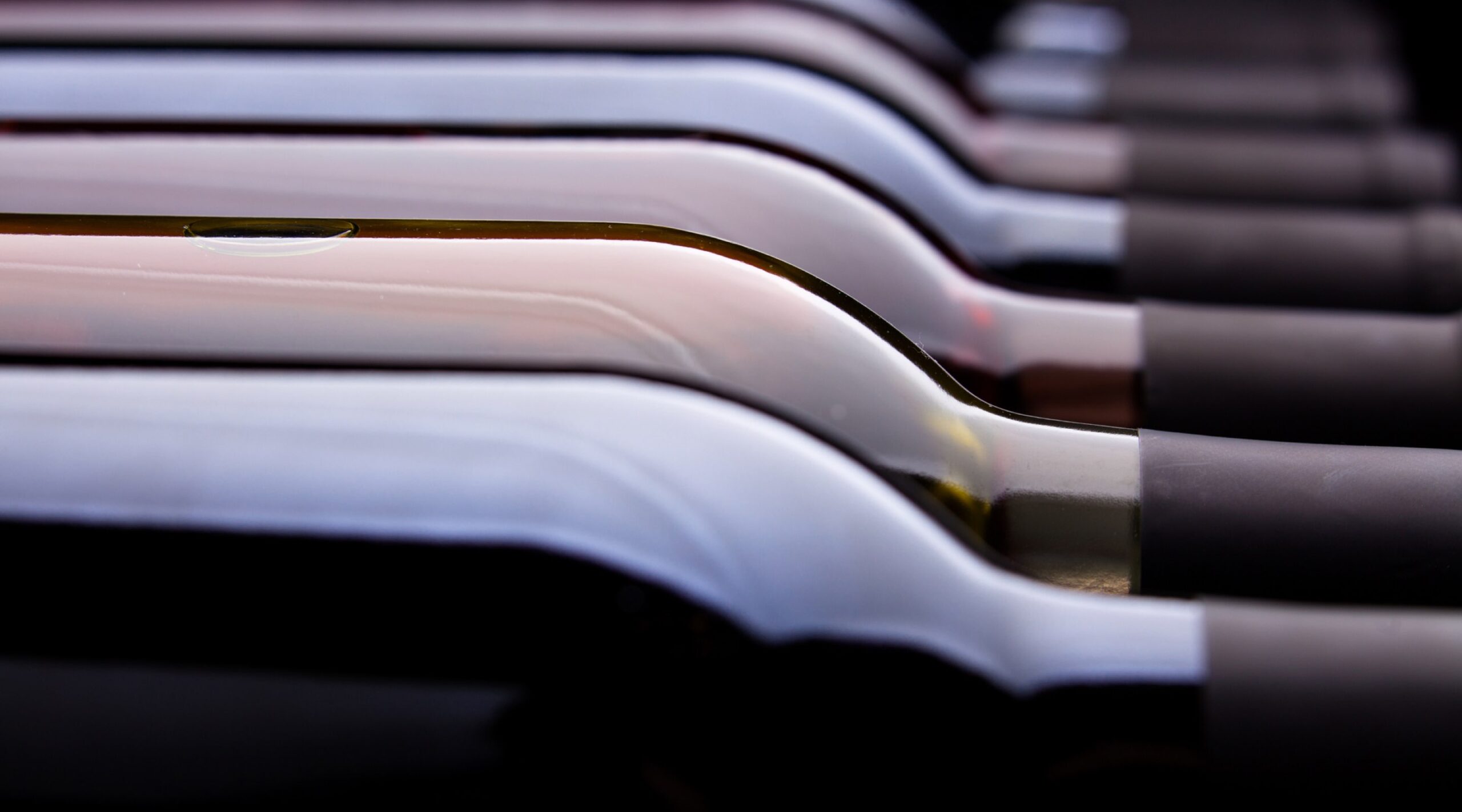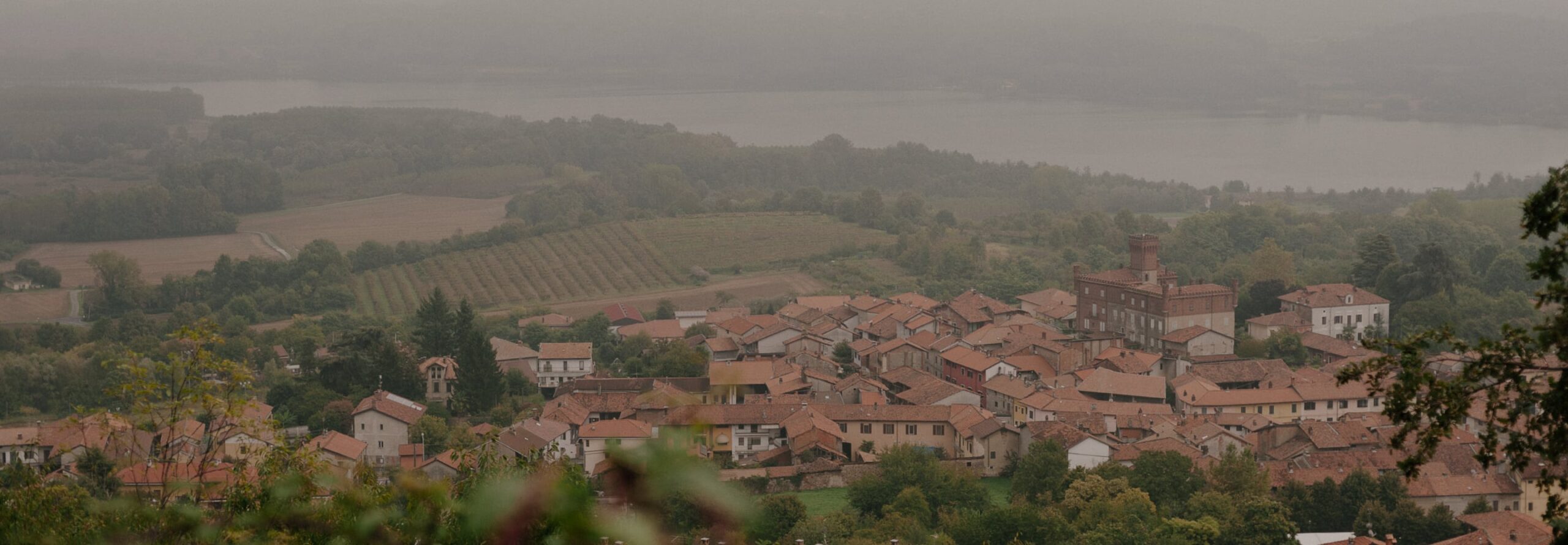After 16 years of partnership with Hubert Rousseau, RWM’s relationship with the Domaine des Trois Toits, long recognized through- out the Vertou region for its uncompromising attention to detail and quiet excellence, has entered a new chapter. Now enjoying a well-earned retirement after 25 years at the helm of the estate, Hubert has passed the baton to Vincent Barbier and Cécile Perraud, who purchased the domaine in 2019. Hubert provided us for years with classic, mineral-driven Muscadet that we embraced with enthusiasm, but Vincent and Cécile are poised to strive even higher in their work: the domaine is now in organic conversion; harvests are manual rather than mechanical; and wines ferment with indigenous yeasts.
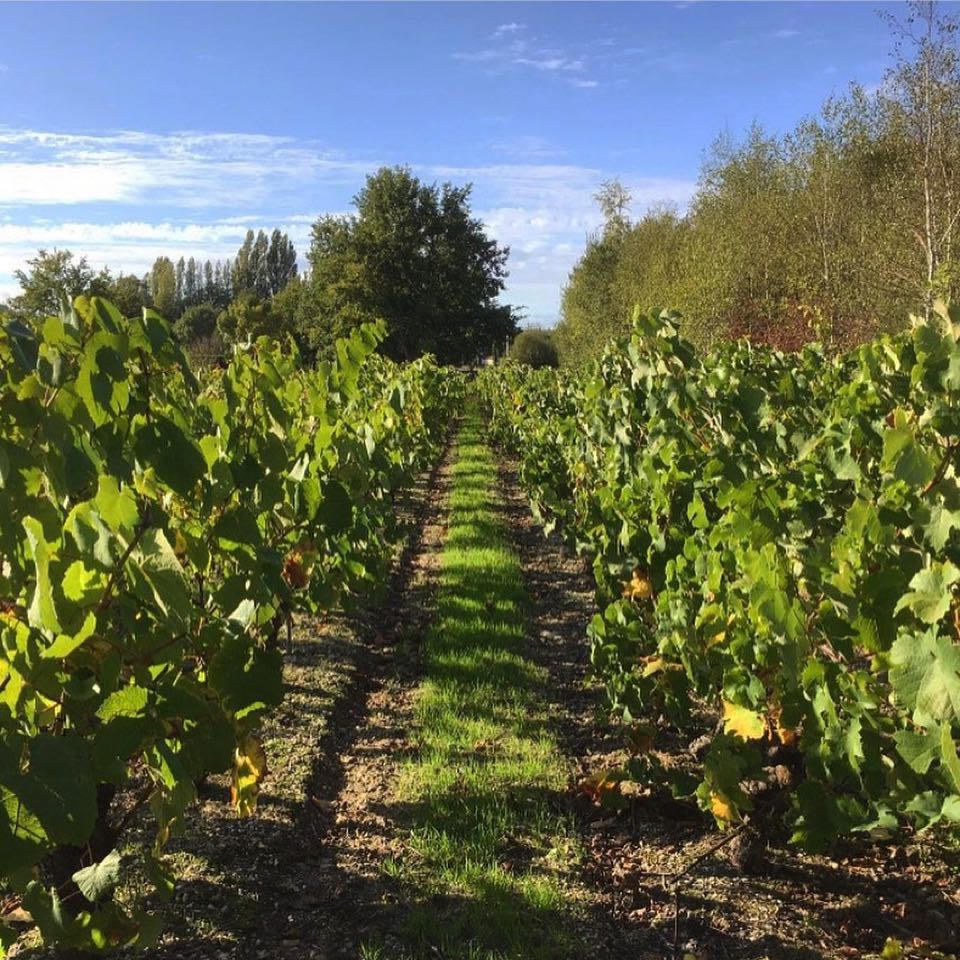
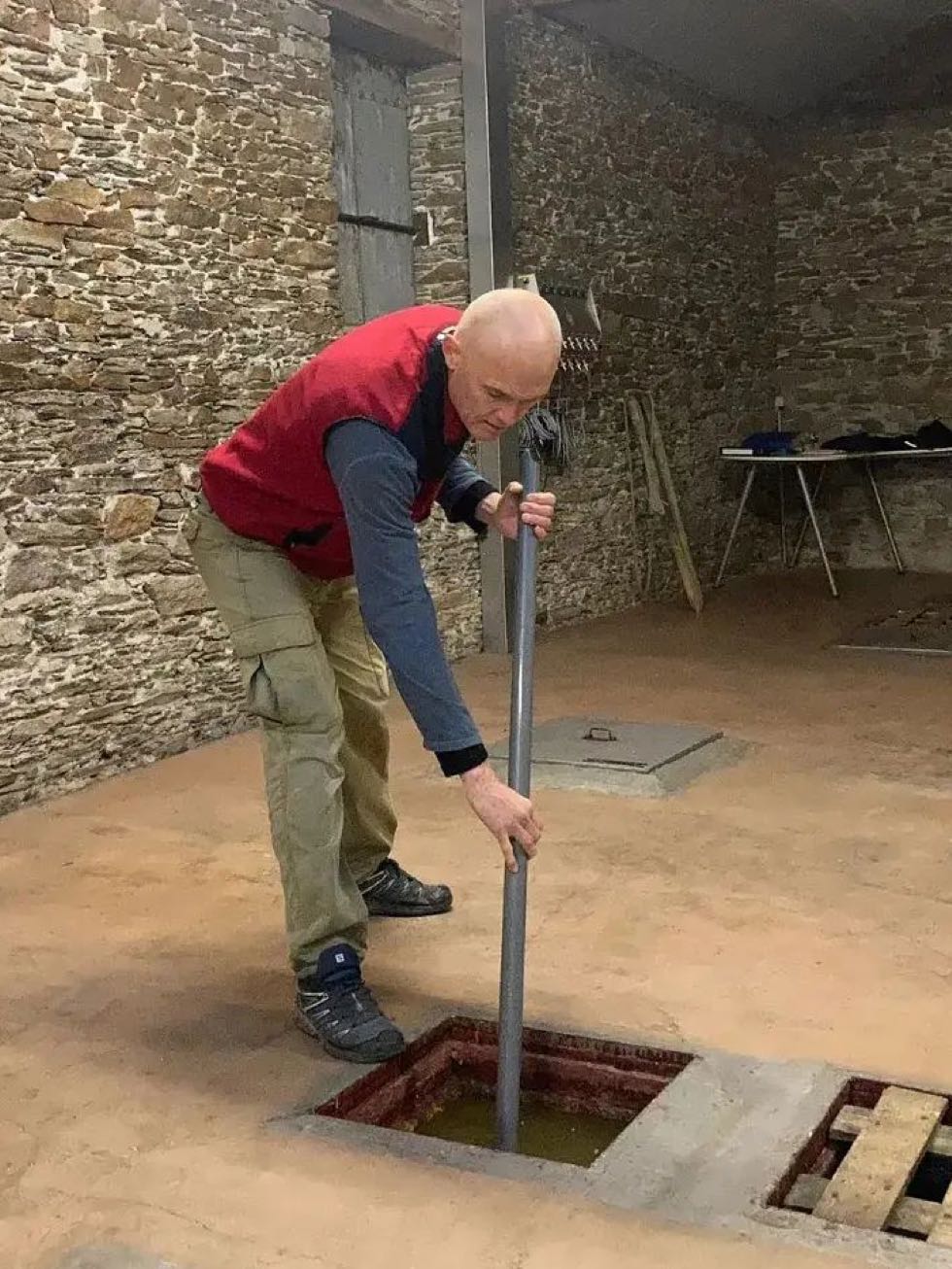
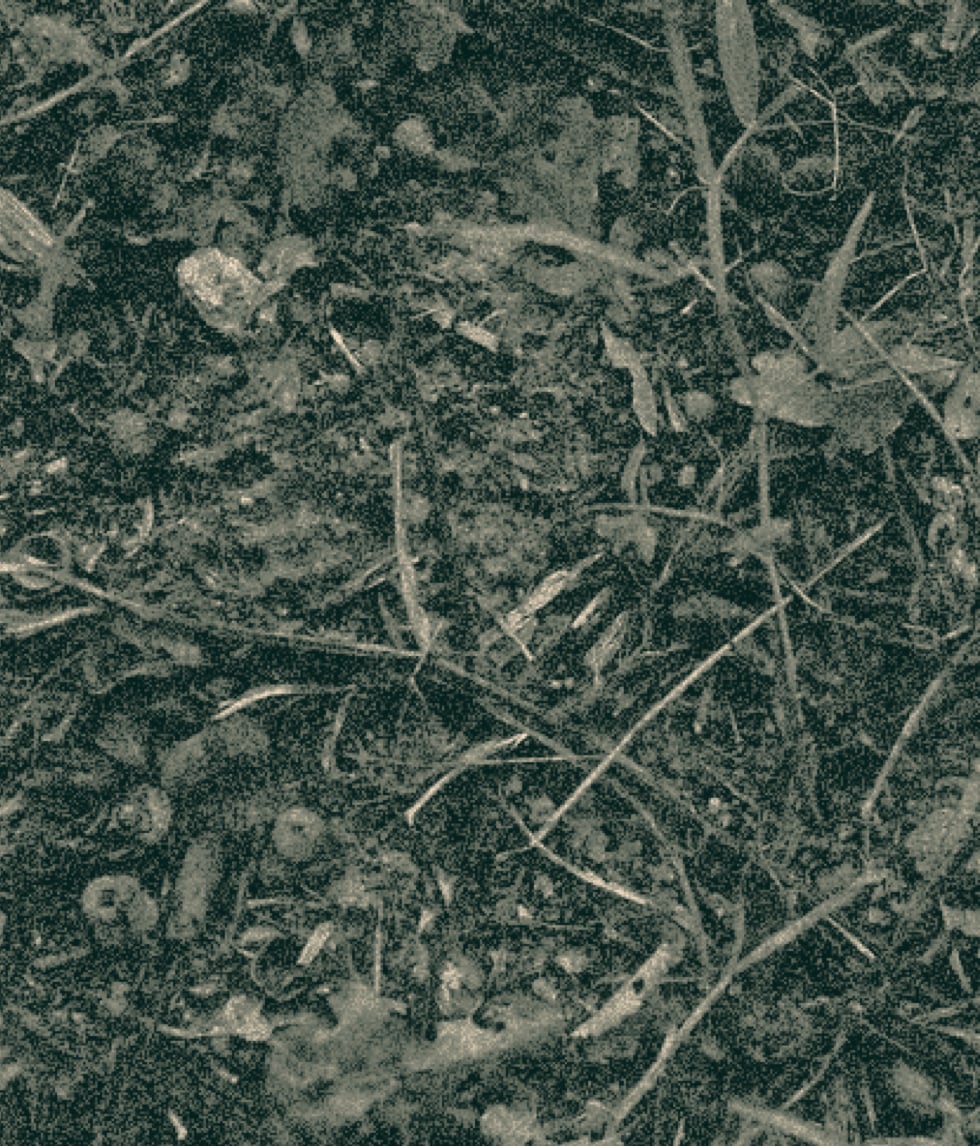
The three parcels at the domaine (Clos de la Nicolière, Clos de la Louée, and Clos du Bézier), have always produced evocative wines that clearly express their Gneiss and Orthogneiss soils, and with improved viticultural practices and cellar techniques we are sure that Domaine des Trois Toits will produce some of the most compelling wines in the Pays Nantais.
Farming
In organic conversion
Treatments
Copper-sulfate only
Ploughing
Annual ploughing to maintain vineyard health
Soils
Schist (Gneiss and Orthogneiss)
Vines
Trained in Guyot and planted at 5,000 vines/ha, vines are 20-50 years old
Yields
Controlled through pruning, debudding, and green harvesting
Harvest
Manual, usually early September
Sourcing
Entirely estate fruit
Fermentation
Wines ferment with indigenous yeasts in subterranean stainless-steel tanks
Extraction
Wines see occasional bâtonnage during élevage
Chaptalization
Chaptalization when necessary
Pressing
Pneumatic pressing
Malolactic Fermentation
Blocked by wines’ naturally high acidities
Élevage
Wines are raised for 6-9 months in subterranean concrete vats
lees
Wines remain on their fine lees until assemblage prior to bottling
Fining and Filtration
Wines are unfined and filtered with diatomaceous earth
sulfur
Applied after alcoholic fermentation, with c. 40 mg/l total sulfur
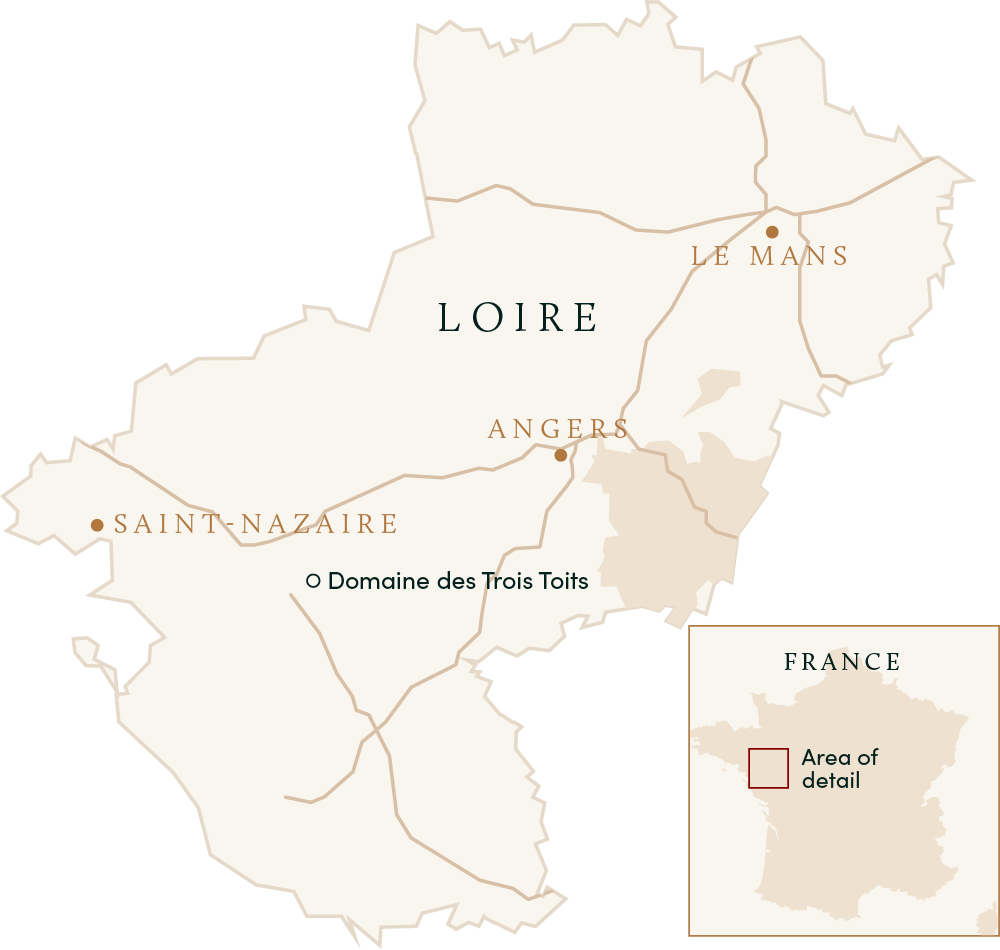
Optional caption text here lorem ipsum
